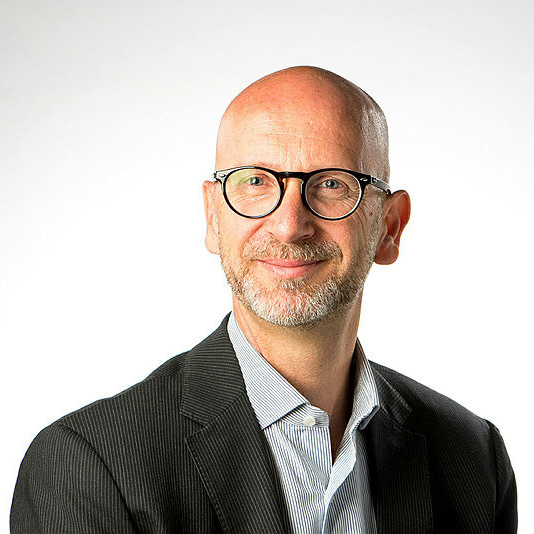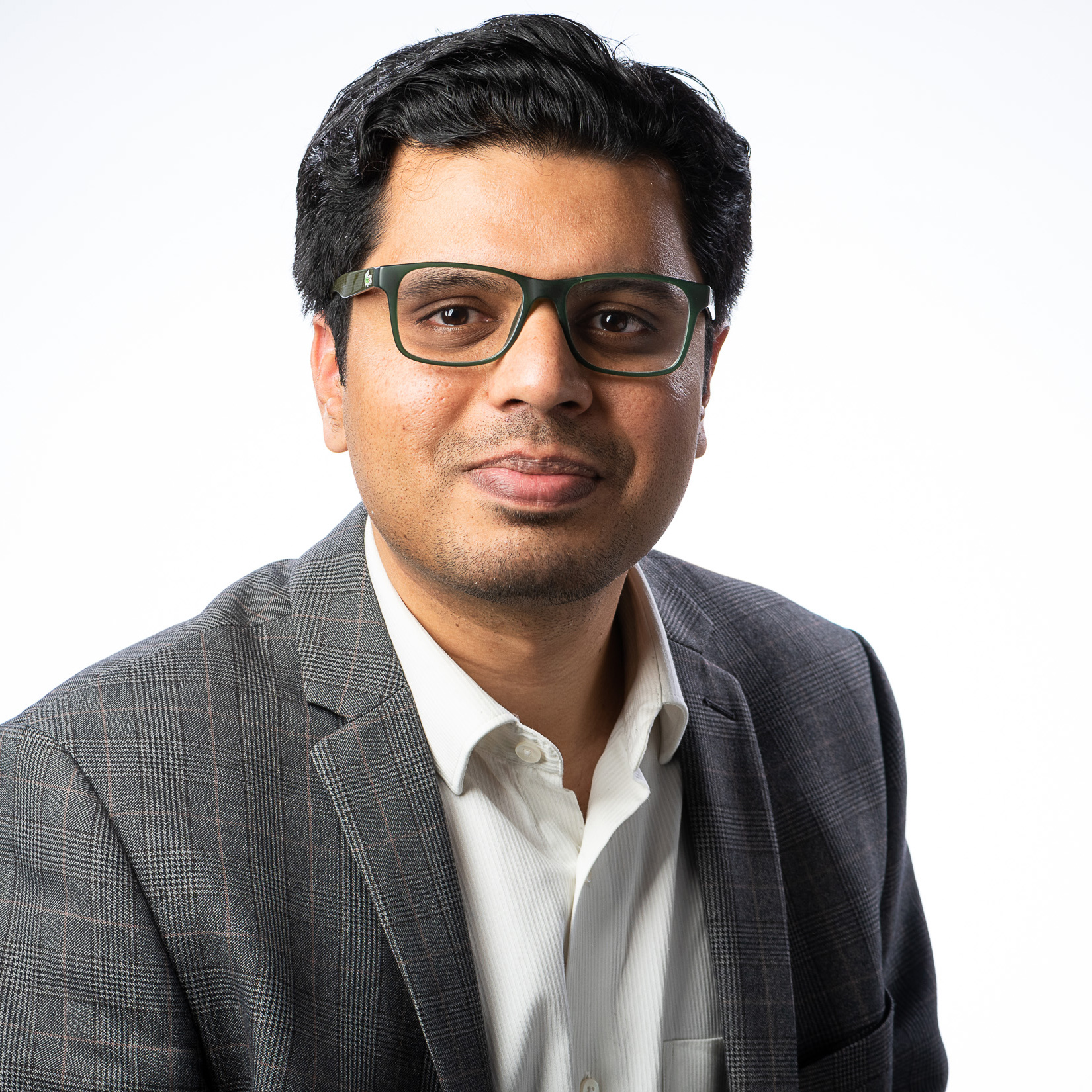"Working conditions are often defined by institutions, but when you speak about dignity, it's usually defined by workers. What dignity means and what good working conditions are like should [both] be defined by the workers themselves,” asserts Professor Vivek Soundararajan.
With 27.6 million people living under conditions of forced labour, according to the International Labour Organization, the issue of dignity in the workplace is perhaps more urgent than ever before. Vivek leads Embed Dignity, a research initiative based at the School of Management that aims to improve conditions across all facets of organisations.
He continues: “For instance, I’ve researched a new type of agreement that emerged against sexual harassment within garment industries, which a lot of brands and suppliers have signed. We’re looking to understand what happened here and how, in a context where extreme forms of patriarchy persist, how women workers could actually come together and make brands and suppliers sign a particular agreement.
"I feel that this is a good example of why we should give [this voice] to workers, because many rights or standards may not always cover everything they see as being violated.”
Vivek has been researching exploitation in global supply chains and how it can be addressed for more than a decade. His work has focused on a range of areas, including the garment and software industries in both India and the UK.
One of his current research interests turns the lens to caste, a form of traditional social stratification in South Asia that has a pervasive socio-economic influence to this day.
Coming together

As part of an effort to address this, Vivek is one of the organisers of The Global Research Conference on Caste, Business and Society, an annual conference bringing together scholars in the field.
The conference was held here at the School of Management in June 2024, bringing together around 50 attendees from across the globe to discuss topics such as the influence of caste on access to entrepreneurial finance, exclusion in the workplace and how business can resulted in tackle caste.
How elements of oppression fit together rather than standing alone is a key theme in Vivek’s work. “For example, in our research, we are trying to change the way [people view] working conditions [to] a systemic issue,” he says.
This approach has also informed a recent project with Dr Pankhuri Agarwal, a Research Associate in the School and fellow member of Embed Dignity.
Investigating scandals
Vivek and Pankhuri were part of a team that investigated the aftermath of the 2020 Boohoo scandal, in which a Times exposé uncovered large-scale labour exploitation in the fast-fashion retailer’s factories in Leicester. Authorities swiftly clamped down on the factories in question, and Boohoo moved its production abroad.
The team spent four months in the city during 2023 carrying out interviews and focus groups with affected people, and what they found was that government interventions were essentially no more than a sticking plaster.
“Most of the solutions for modern slavery are directed towards rescue and rehabilitation,” Pankhuri asserts, “but nobody really knows what happens to these people after they're rescued.”
For the people who had been working in these garment factories, their situation hadn’t improved. While some, predominantly men, had found other work, this was largely precarious: “Many of them became taxi drivers or are working in food factories. A lot of the workers [are now] unemployed and have nowhere else to go.”
Pankhuri notes that cultural and geographical factors also both play a role. Many of these unemployed garment workers are South Asian women, who lived in close proximity to the now-closed factories. Other factories are situated further from residential areas, making them unsuitable for women with childcare responsibilities or who lack suitable transport.
What’s more, it’s not just employment they’re now missing out on: for many of them it’s also the sense of community and belonging that came along with it.








